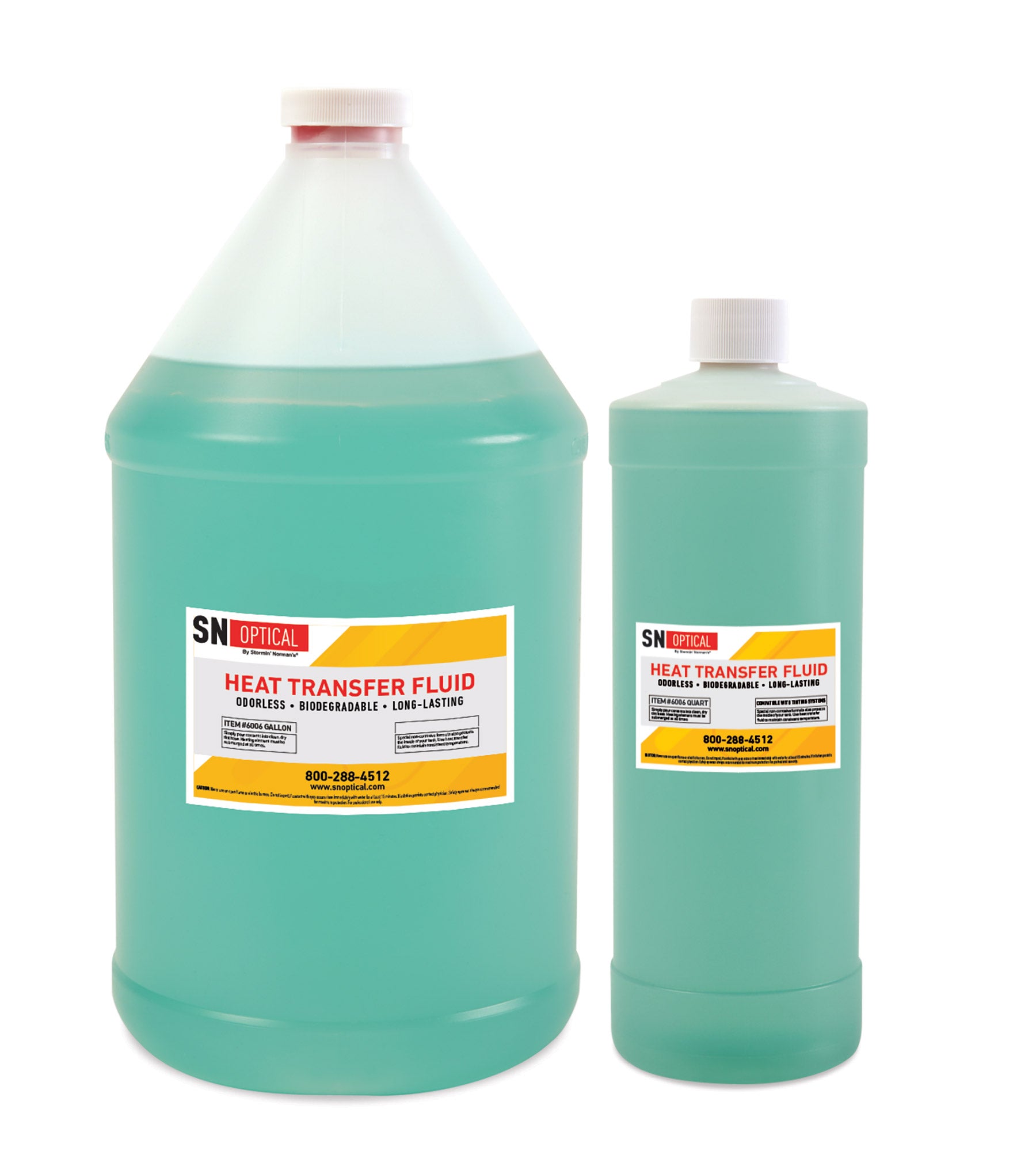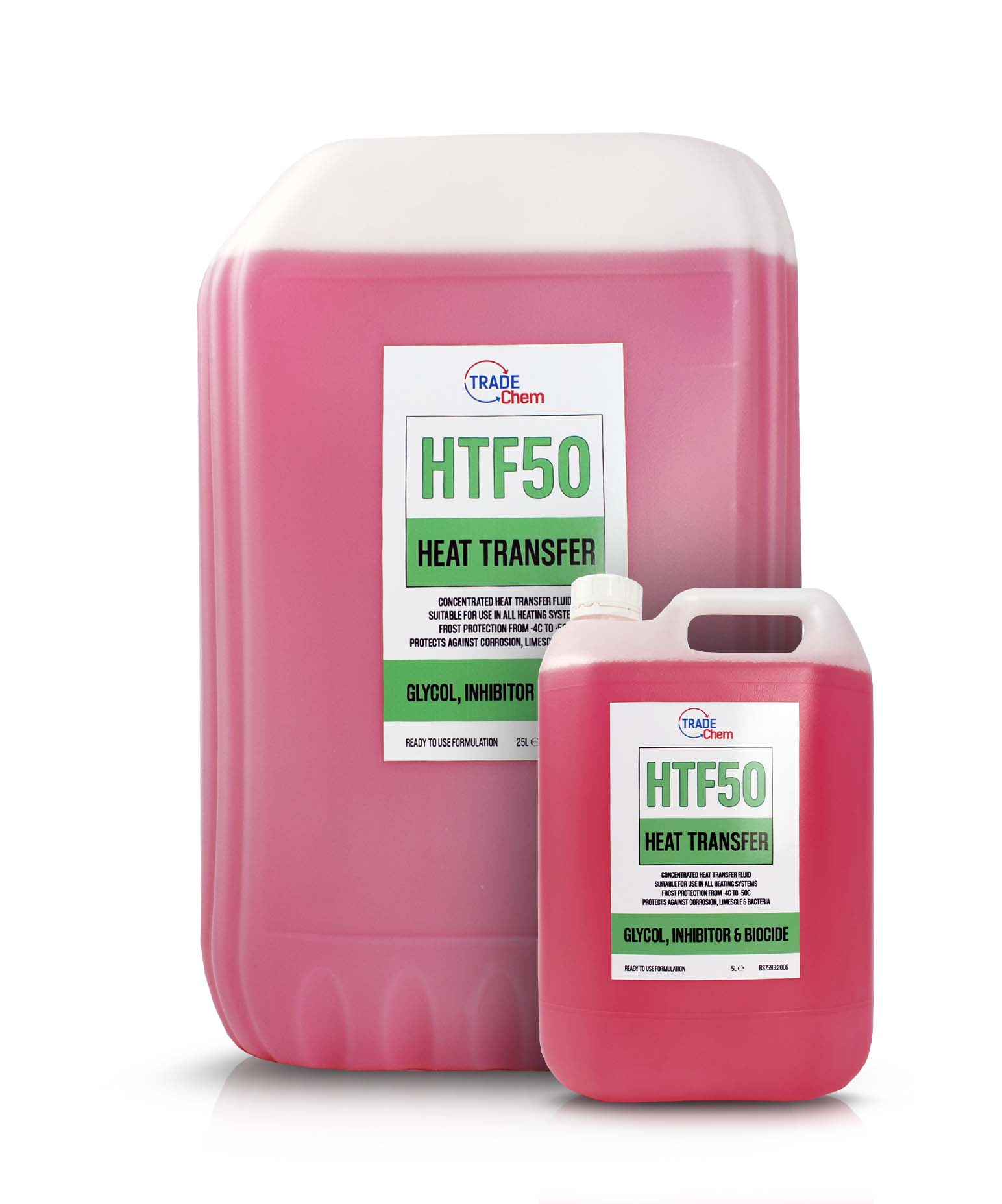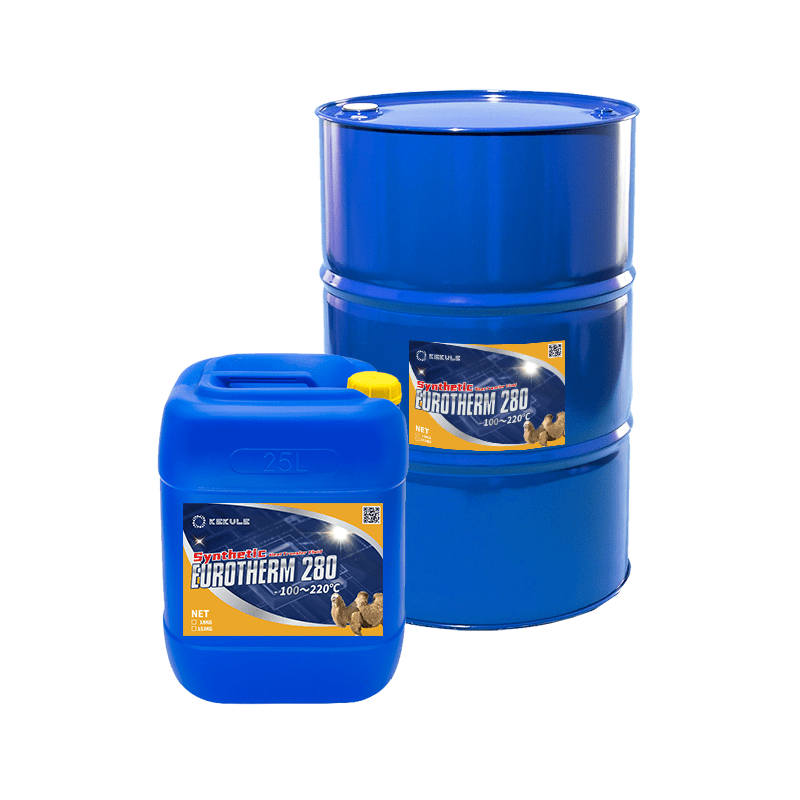Why Warmth Transfer Fluid Is Necessary for Optimizing Energy Transfer in Solution
The function of heat transfer liquids in optimizing power transfer is crucial for achieving efficient thermal monitoring across various industrial sectors. These fluids promote seamless warm exchange, making certain processes operate within optimum temperature varieties and minimizing the threat of getting too hot. Their option, based upon elements like viscosity and thermal stability, directly influences the performance and sustainability of a system. However, the complexities of selecting the ideal fluid are commonly underestimated. What are the crucial factors to consider for this option, and just how do they affect both economic efficiency and ecological obligation in industrial applications?

Role in Thermal Management
Warm transfer liquids play an important role in thermal management by successfully controling temperatures in different industrial procedures and systems. These specialized fluids promote the transfer of warm in between various components, making sure ideal operating conditions and avoiding overheating. By maintaining accurate temperature level control, warm transfer liquids enable industries such as chemical production, oil and gas, and power generation to operate safely and successfully.
The option of an ideal warm transfer fluid depends on numerous elements, including thermal stability, heat ability, and thickness. High thermal security makes sure that the liquid can withstand severe temperatures without degrading, while a high warm ability permits it to absorb and launch considerable amounts of heat - heat transfer fluid. Reduced thickness minimizes the energy needed for pumping, adding to overall system performance
Furthermore, warmth transfer fluids are essential in applications like refrigeration, where they help soak up and dissipate warmth throughout the cooling cycle. In solar thermal energy systems, these liquids capture and transport solar warmth to produce electrical power or provide warm water. Their adaptability to varied operating conditions and capability to keep regular thermal efficiency highlight their significance in commercial thermal administration, assisting in operational connection and improving safety actions.

Enhancing System Effectiveness
To take full advantage of the advantages of thermal management, improving system efficiency via the critical usage of heat transfer fluids is vital. By maintaining optimal temperature level levels, heat transfer fluids aid make sure that systems run within their made specifications, thus protecting against getting too hot and decreasing the risk of element failure.

Kinds Of Warm Transfer Liquids
The variety of warm transfer fluids emphasizes their vital duty in a range of industrial applications, each tailored to satisfy details thermal management requirements. These liquids promote reliable energy advice transfer and are chosen based on key buildings such as thermal security, viscosity, and heat ability. The primary types include water, glycol solutions, oils, and synthetics, each offering unique advantages.
Water is the most common warmth transfer medium due to its high certain heat capability and reduced price. Mineral oils are preferred for their thermal security and non-corrosive nature, making them appropriate for high-temperature applications.

These fluids guarantee superior performance in systems where conventional fluids might stop working. The option of a warmth transfer fluid is important, as it influences system performance, safety, and durability.
Environmental and Economic Perks
Making use of the appropriate warmth transfer liquids supplies significant environmental and economic benefits for commercial operations. Ecologically pleasant warm transfer liquids, typically biodegradable and safe, reduce the threat of soil and water contamination in the event of leakages or spills, thereby safeguarding communities and conforming with rigorous ecological regulations.
Economically, the best heat transfer fluid can considerably reduce operational prices. Liquids with prolonged lifecycle performance decrease the regularity of substitutes and maintenance, decreasing downtime and associated prices. On the whole, the calculated use of optimal warm transfer fluids sustains lasting financial growth and environmental stewardship.
Picking the Right Liquid
Just how does one browse the complex procedure of choosing the ideal heat transfer liquid for industrial applications? Picking the suitable liquid is essential, as it straight influences system he said performance, safety, and functional costs. Secret factors to consider include thermal security, compatibility with system materials, and running temperature array. Thermal security ensures the liquid can withstand heats without deteriorating, while compatibility prevents rust or various other harmful responses with system components. The operating temperature array must line up with the system's needs to maintain performance and durability - heat transfer fluid.
Furthermore, the fluid's warmth capability and thickness are paramount. A high warm ability enables the liquid to soak additional resources up and move more energy, improving performance.
Verdict
The calculated selection and application of warmth transfer fluids are fundamental to enhancing power transfer throughout numerous systems. By making sure high thermal security and ability, these fluids offer precise temperature level control and enhance total system effectiveness. This optimization adds to reduced operational prices and lower greenhouse gas exhausts, thus promoting sustainability. The option of liquid, tailored to details viscosity and functional demands, is essential for optimizing performance and accomplishing economic and ecological benefits in industrial processes.